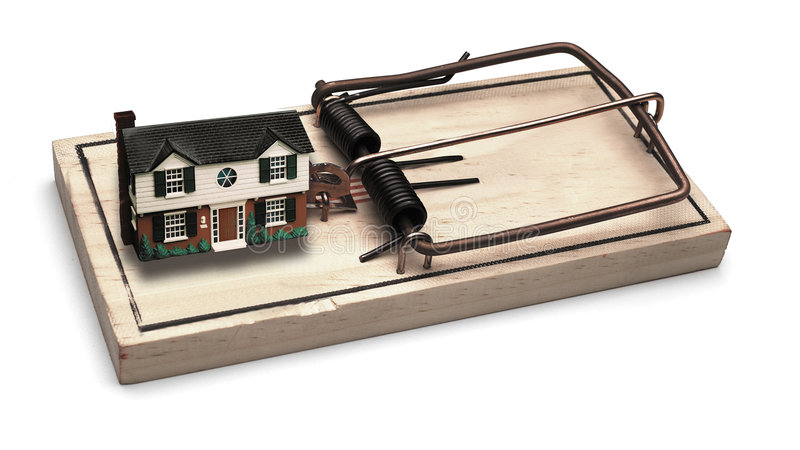New York Foreclosure Defense - Civil or Criminal Usury

The New York usury statute currently provides: “No person or corporation shall, directly or indirectly, charge, take or receive any money on the loan or forbearance of any money at a rate exceeding” 16% per annum.
A transaction is usurious under civil law when it imposes an annual interest rate exceeding 16% and is usurious under criminal law when it imposes an annual interest rate exceeding 25%.
As a foreclosure defense, a usurious contract is void and can relieve the mortgagor of the obligation to repay the principal and interest on the loan.
However, to use usury as a foreclosure defense, a mortgagor has the burden of establishing usury by clear and convincing evidence, and the lender has the burden to establish, prima facie, that the transaction was not usurious. For a Court to determine whether a loan is usurious, the loan must be considered in its totality and judged by its real character, rather than interpretation. Whether a transaction constitutes usury is a question of fact: It must appear that the real purpose of the transaction was to lend money at a usurious interest reserved in some form by the contract and, diametrically, to borrow upon the usurious terms.
If a mortgage note, among others, has been taken or received in violation of the usury laws, the Court can declare the same to be void, and order the note to be surrendered and cancelled. The consequences to the lender of a usurious transaction can be harsh: the borrower is relieved of all further payment—not only interest but also outstanding principal, and any mortgages securing payment are cancelled. Moreover, the borrower can recover any interest payments made more than the legal rate.
New York usury laws as a foreclosure defense historically have been severe in comparison to most States, reflecting the view of New York Legislature that the harsh consequences are necessary to deter the practices of usury. However, there are judicial exceptions that may mitigate the harshness:
Notwithstanding the above, New York case law shows there may be some exceptions:
However, to use usury as a foreclosure defense, a mortgagor has the burden of establishing usury by clear and convincing evidence, and the lender has the burden to establish, prima facie, that the transaction was not usurious. For a Court to determine whether a loan is usurious, the loan must be considered in its totality and judged by its real character, rather than interpretation. Whether a transaction constitutes usury is a question of fact: It must appear that the real purpose of the transaction was to lend money at a usurious interest reserved in some form by the contract and, diametrically, to borrow upon the usurious terms.
If a mortgage note, among others, has been taken or received in violation of the usury laws, the Court can declare the same to be void, and order the note to be surrendered and cancelled. The consequences to the lender of a usurious transaction can be harsh: the borrower is relieved of all further payment—not only interest but also outstanding principal, and any mortgages securing payment are cancelled. Moreover, the borrower can recover any interest payments made more than the legal rate.
New York usury laws as a foreclosure defense historically have been severe in comparison to most States, reflecting the view of New York Legislature that the harsh consequences are necessary to deter the practices of usury. However, there are judicial exceptions that may mitigate the harshness:
- Corporations—generally the antithesis of the “desperately poor people”—are ordinarily barred from asserting a civil usury defense (although may assert a criminal usury defense)
- Banks forfeit interest but not principal
- The defense may be waived by parties not in the original transaction and a borrower may be estopped from asserting it
Standing and Waiver of the New York Usury Law
A mortgagor may waive the usury and elect to affirm the mortgage by selling and conveying the property subject to the lien and payment of such mortgage, and the purchaser, in that regard, can no longer question the validity of the mortgage on the ground of usury. Moreover, the ability to cancel a usurious transaction and keep the borrowed money is a very particular privilege upon the actual borrower, with the implicit understanding that the borrower is a victim of the lender Thus, a “third party” to the loan has no standing to claim that it was usurious.Notwithstanding the above, New York case law shows there may be some exceptions:
- If conveyance of the encumbered property was contemplated in the agreement and the very purpose of the loan
- The mortgagor’s officers and principals are the same of the new owner
- The new owner’s acquisition of the property was merely a function of the building's conversion to cooperative ownership, not a result of a sale to an independent third party.
The exceptions generally rely that the new owner is a not a true stranger to the original transaction, and thus can be deemed the borrower for purposes of the usury laws.
It your believe your mortgage transaction was usurious, call our office today at 718-819-1674 so that we may analyze your mortgage note and agreement to assert your legal rights to defend your property.
